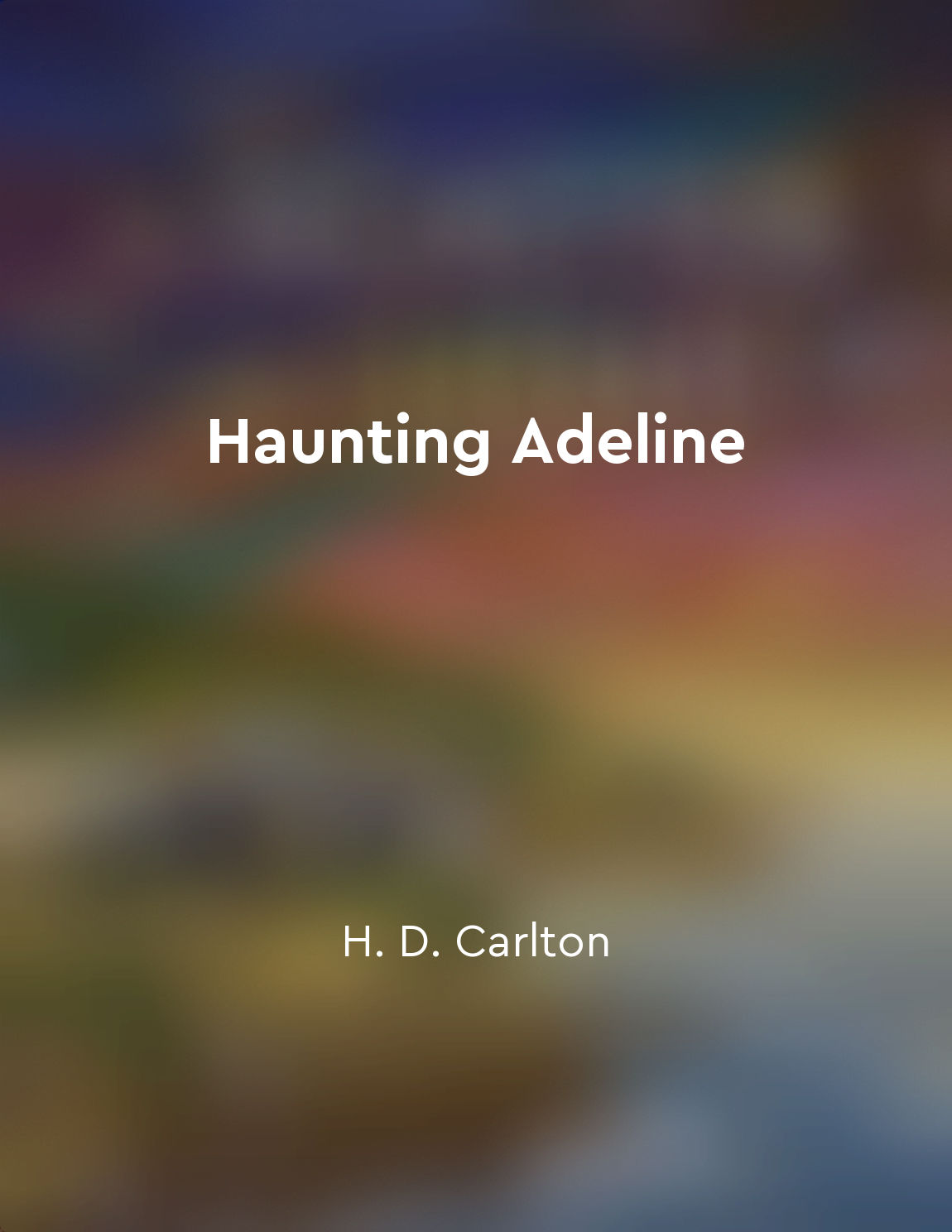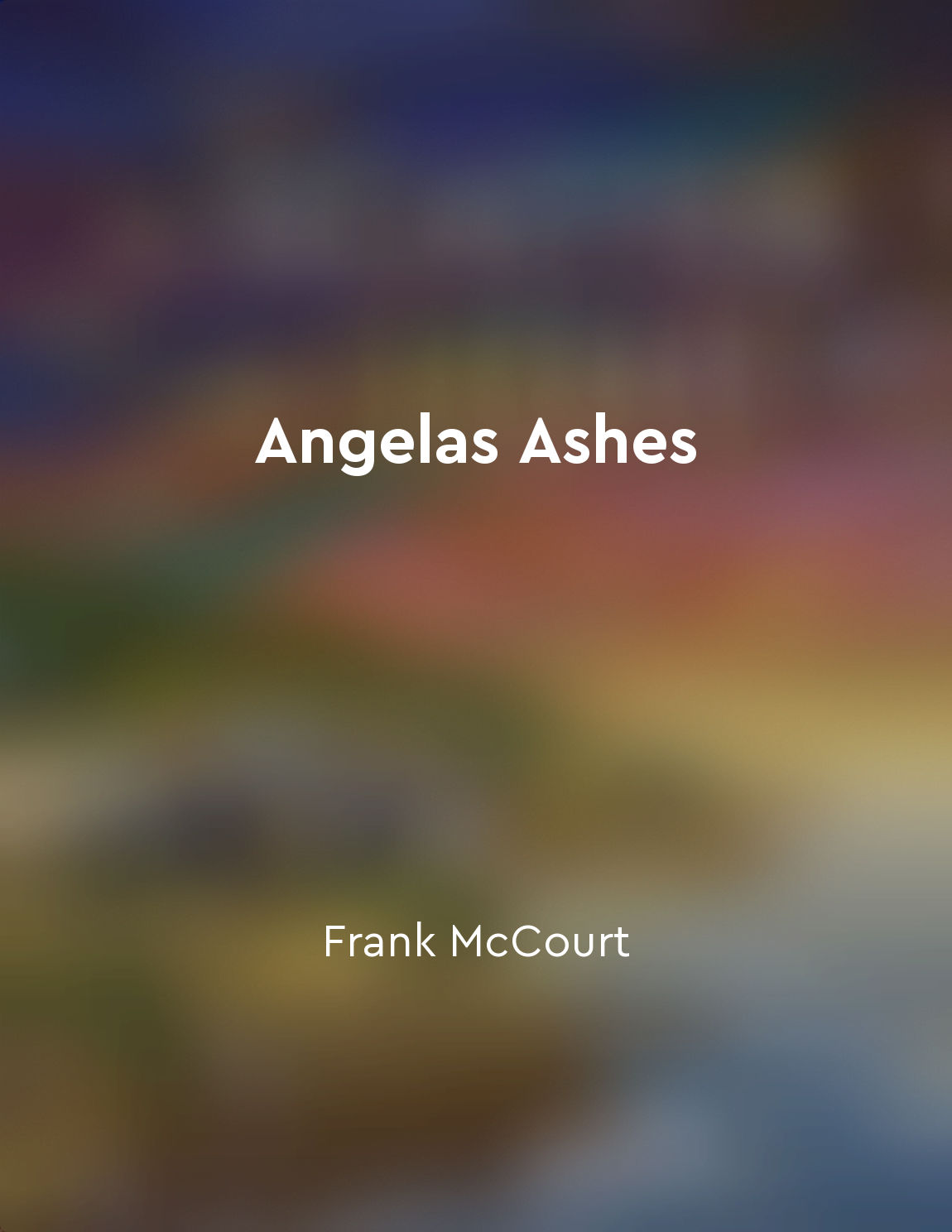Paralysis traps characters in emotional stagnation from "summary" of DUBLINERS by James Joyce
The characters in Dubliners find themselves ensnared in a state of emotional inertia, unable to break free from the constraints that bind them. This paralysis manifests in various aspects of their lives, trapping them in a perpetual cycle of stagnation and unfulfilled potential. For example, in "Eveline," the titular character is torn between her desire for a new life with Frank and her sense of duty to her family. Despite her longing for change, Eveline remains rooted in her familiar surroundings, unable to muster the courage to leave. Her paralysis is palpable as she stands on the threshold of opportunity, but ultimately succumbs to fear and indecision. Similarly, in "The Dead," Gabriel Conroy is confronted with the realization that his marriage is built on a foundation of illusion and false assumptions. As he grapples with this revelation, Gabriel is forced to confront the emptiness of his existence and the futility of his aspirations. His emotional paralysis is laid bare as he confronts the stark truth of his own insignificance in the grand scheme of things. Throughout Dubliners, Joyce portrays a society mired in complacency and apathy, where individuals are trapped by their own insecurities and societal expectations. The characters' inability to break free from this emotional stagnation reflects the broader theme of paralysis that pervades the collection.- Joyce's Dubliners serves as a poignant exploration of the ways in which paralysis can manifest in the lives of individuals, trapping them in a state of emotional inertia. Through his vivid portrayal of characters struggling to break free from the constraints that bind them, Joyce invites readers to reflect on the ways in which they, too, may be held captive by their own fears and insecurities.
Similar Posts
Frank rebuilds his life and starts a family
After years on the run, constantly evading the authorities and assuming different identities, Frank finally decides to turn his...
Silas pushes Molly to embrace her desires
Silas didn't just encourage Molly to acknowledge her desires; he practically demanded it. His persistence bordered on relentles...
Love can be unattainable and destructive
Love, that elusive and powerful force that can either lift us up to the highest heights or drag us down into the darkest depths...
Loss of innocence leads to loss of hope
In childhood, innocence shields us from the harsh realities of the world. It is a blissful state where hope flourishes effortle...
Constant fear and uncertainty
The feeling of constant fear and uncertainty loomed over my family like a dark cloud, casting shadows on our every move. From a...

Mysterious occurrences unsettle Adeline's newfound tranquility
Adeline had finally found a sense of peace within herself, a tranquility that had eluded her for so long. She had managed to cr...
Betrayal leads to heartbreak
In the story "Hills Like White Elephants," Jig is left heartbroken after feeling betrayed by her partner. The man pressures her...

: Frank confronts the harsh realities of life in Limerick
Frank McCourt's vivid depiction of his childhood in Limerick portrays a stark reality that is filled with poverty, illness, and...

